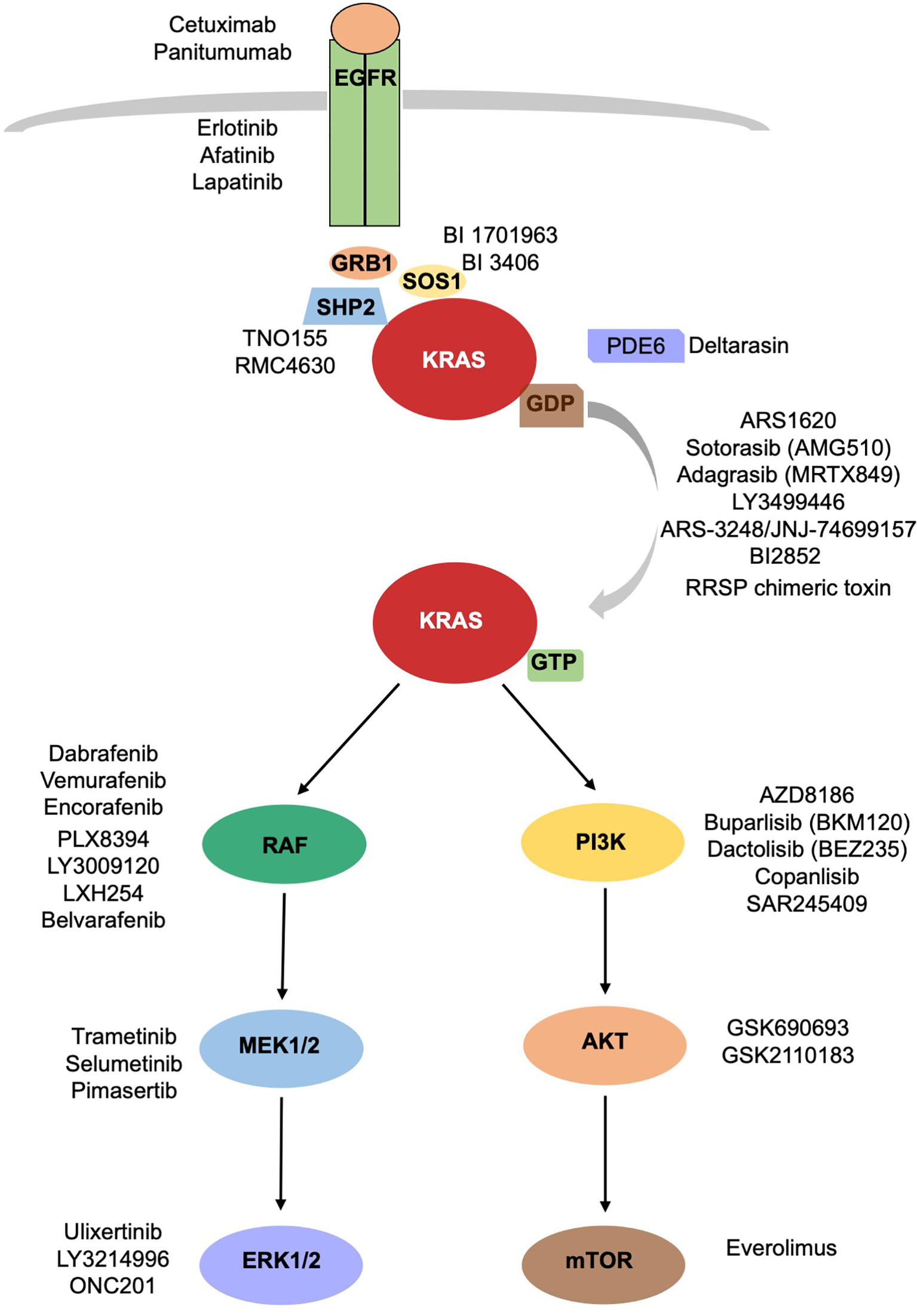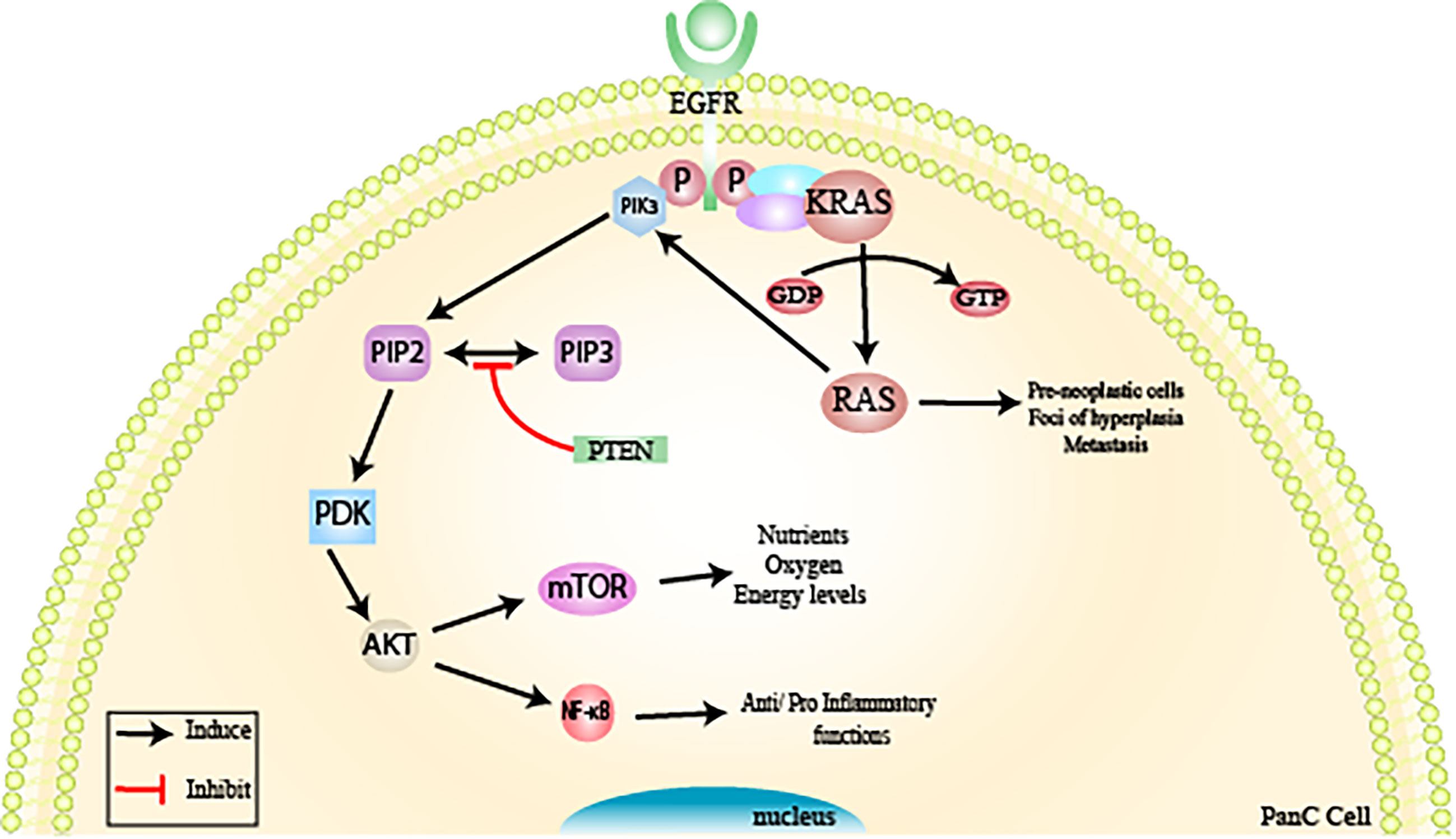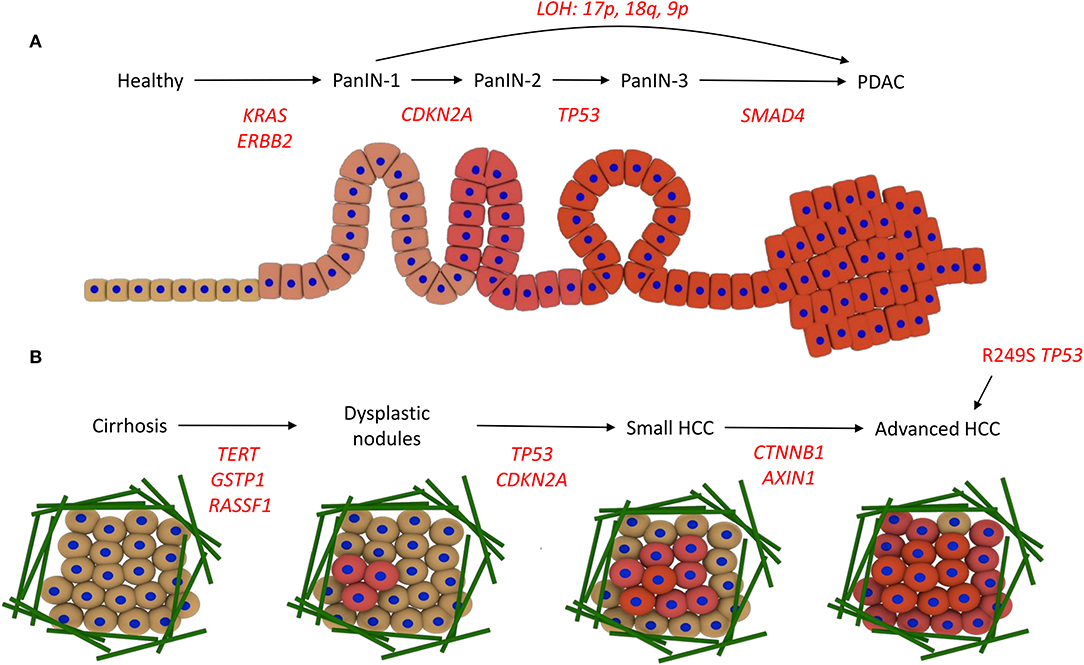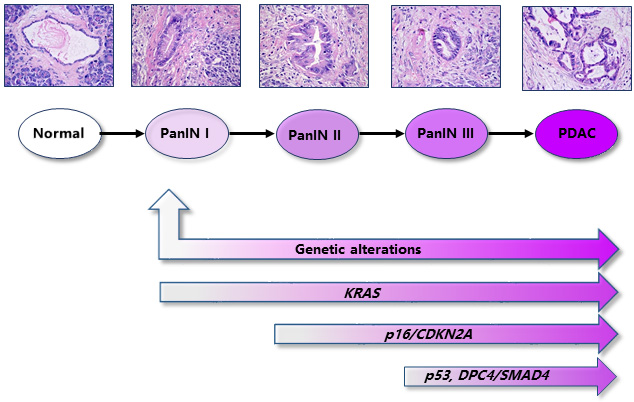Pancreatic cancer is a devastating disease that often goes undetected until its later stages, making it one of the most challenging cancers to treat. Its silent progression and lack of early symptoms contribute to its high mortality rate.
In this article, we will delve into the role of the KRAS gene in pancreatic cancer and explore how understanding this gene can lead to potential breakthroughs in treatment. Whether you’re an investor or simply interested in learning more about this complex disease, this article aims to provide you with valuable insights.
Understanding Pancreatic Cancer: A Silent Killer
Pancreatic cancer is a silent killer characterized by the uncontrolled growth of abnormal cells in the pancreas. This vital organ’s function in digestion and hormone production is disrupted, leading to detrimental effects on overall health.
Unfortunately, this cancer often goes undetected until it reaches an advanced stage, limiting treatment options and prognosis.
The pancreas produces digestive enzymes and hormones that regulate blood sugar levels. When malignant cells form tumors in the pancreas, they compromise its normal function. Detecting pancreatic cancer early is challenging because it typically shows no specific symptoms during its initial stages.
By raising awareness about risk factors and promoting regular screenings, we can increase the chances of detecting this disease at a more treatable stage.
The Role of KRAS Gene in Pancreatic Cancer
The KRAS gene plays a crucial role in pancreatic cancer development. When functioning normally, it regulates cell growth and division. However, mutations in the KRAS gene disrupt these processes, leading to uncontrolled cell growth – a hallmark of cancer.
Approximately 90% of pancreatic cancer cases exhibit KRAS gene mutations, activating signaling pathways that promote tumor growth. Understanding the frequency and specific codon bias of these mutations can provide insights for targeted therapies.
By targeting mutant KRAS activity, researchers aim to improve treatment outcomes for pancreatic cancer patients.
Frequency and Codon Bias of KRAS Mutations in Pancreatic Cancer
KRAS mutations are highly prevalent in pancreatic cancer, contributing to its aggressiveness and resistance to conventional treatments. Research consistently shows that nearly all pancreatic tumors have some form of KRAS mutation.
Specific codons within the KRAS gene are more frequently mutated than others, indicating potential vulnerabilities for targeted therapies. By understanding these biases, researchers can develop drugs that specifically inhibit the mutated forms of the KRAS protein.
Studying both the frequency and codon bias of KRAS mutations is crucial for improving treatment outcomes and developing novel therapeutic strategies for pancreatic cancer.
(Table: Example table illustrating codon frequencies associated with different types of KRAS mutations.)
KRAS Mutation in Pancreatic Cancer: Initiation, Progression, and Prognosis
KRAS mutation is a significant factor in the development and progression of pancreatic cancer. It is often an early event in tumor formation and contributes to aggressive tumor behavior and resistance to standard chemotherapy. These mutations are associated with poor prognosis and reduced overall survival rates in patients.
However, targeted therapies that specifically address KRAS-driven pathways offer hope for improved outcomes. Understanding the role of KRAS mutation can inform the development of novel therapeutic strategies for pancreatic cancer treatment.
Clinical Activity of Targeted Therapies Against KRAS Signaling Pathways in Pancreatic Cancer
In recent years, clinical trials have focused on targeted therapies against KRAS signaling pathways in pancreatic cancer. Two noteworthy drugs, AMG 510 and MRTX849, have shown promise in inhibiting mutant KRAS proteins and halting tumor growth.
By specifically targeting the underlying genetic driver of the disease, these therapies aim to improve treatment efficacy while minimizing side effects associated with conventional chemotherapy regimens. This breakthrough offers renewed hope for patients battling pancreatic cancer.
Practical Tips for Investing in Biotech Companies Focused on Pancreatic Cancer Research
Investing in biotech companies focused on pancreatic cancer research can be financially rewarding and socially impactful. To make informed investment decisions, consider the following factors:
-
Evaluate a company’s pipeline: Look for biotech companies with strong pipelines of targeted therapies specifically aimed at combating pancreatic cancer.
-
Assess clinical trial progress: Keep track of a company’s clinical trials and look for positive outcomes, such as improved patient survival rates or significant tumor shrinkage.
-
Analyze market potential and competition: Evaluate the market demand for pancreatic cancer treatments and consider the competitive landscape to understand if there is an unmet medical need and how well-positioned the company is within the market.
By considering these factors, investors can maximize their potential returns while minimizing risks when investing in biotech companies focused on pancreatic cancer research. Stay informed about emerging trends and breakthroughs to stay ahead in this dynamic sector.
The Future Outlook for Pancreatic Cancer Treatment through Targeted Therapies
Targeted therapies hold immense potential in the treatment of pancreatic cancer, offering hope for improved patient outcomes. By specifically targeting mutant KRAS proteins that drive tumor growth, these therapies aim to disrupt the mechanisms behind this devastating disease.
Early clinical trials have shown promising results, paving the way for further research and development. Investing in biotech companies focused on pancreatic cancer research not only offers financial rewards but also contributes directly to advancing treatment options.
By staying informed and exploring investment opportunities, individuals can actively shape the future of targeted therapies while making a positive impact on patients’ lives.
| Heading | Content |
|---|---|
| The Future Outlook for Pancreatic Cancer Treatment… | Targeted therapies offer hope in combating pancreatic cancer |
| A Recap of the role of KRAS gene mutations | Mutations in KRAS drive pancreatic cancer initiation and progression |
| Emphasizing the potential impact of targeted therapies | Targeted therapies inhibit mutant KRAS proteins, improving patient outcomes |
| Encouraging readers to stay informed | Investing in biotech companies can support advancements in treatment options |
[lyte id=’-yqH76_gaq4′]




